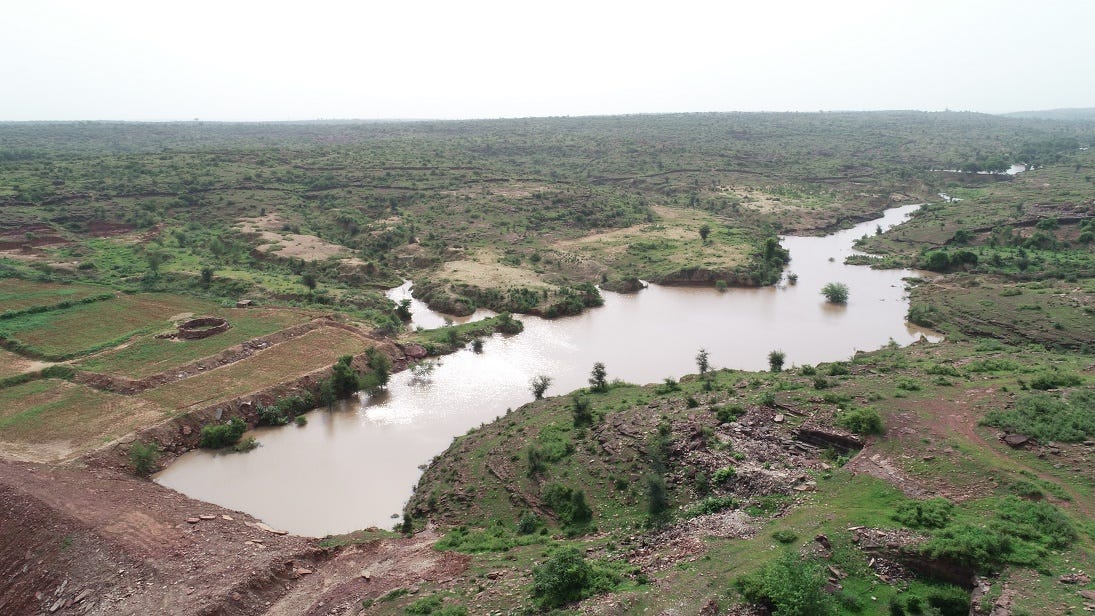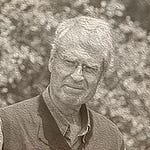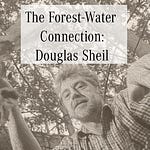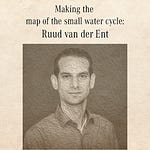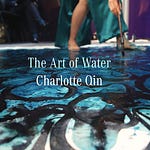Not enough credence is given to a networked, community-based approach to floods and droughts. There is much more our villages, towns, and bioregional groups can do to guide the water cycle back to less extreme behavior using simple, low cost traditional methods.
Minni Jain is the operations director of the Flow Partnership, an organization that facilitates communities to self-organize to deal with floods and droughts. In India the organization has helped activate thousands of communities to use water catchment and water slowing methods like johads (check dams and ponds), ditches, swales, leaky weirs, and thickets that significantly slow the rainwater so that it does not gather into housing destroying floods. These methods also help replenish the aquifers.
[ a photo of a johad ]
In drought prone areas, these same methods are also useful to increase the small water cycle, and to help hydrate the landscape further into the dry seasons. Johads can catch the water from wet season and help irrigate the area in the dry season.
In this podcast Minni Jain expounds on her organizations’ work in India, Britain and Slovakia. We also discuss how to build a water movement through community activation, viral social media, and integration of science and people working on the ground. Minni Jain has always struck me as a very wise woman, and it was a pleasure to hear her expound on many subjects.
……………………………………………………………………………………………………………
We are putting on an roundtable event to clarify what are the central narratives/tales of water, and to coordinate efforts to get these stories out to the public. If you would like to participate, the event is on Nov 3rd Thu 9am-1030am (Pacific Time)
Here are some of the possible narratives to think about. What would be your top 5 water narratives/tales?
A. Evapotranspiration cools earth B. Small water cycle creates rain C. Hydraulic lift keeps soil wet D. Wetlands cleanse water E. Cities can recycle stormwater F. Organic soil absorbs more rainwater G. Slowing water keeps continents hydrated H. Tile drainage wastes water I. Wetlands humidify winds lessening wildfires J. Wetlands replenish groundwater K. Groundwater is our water bank L. Groundwater increases the small water cycle M. Groundwater quenches wildfires N. Forests attract rain O. Biodiversity increases small water cycle P. Drought-fire-flood cycle , aka Watershed death cycle (from Zach Weiss) Q. Absorb rainfall to lessen droughts, floods, fire, and heat R. Dams block fish, sediment, wetlands, and groundwater S. Plants regulate heat via water T. Animals changes soil which changes water cycle U. Ecological succession tends to increase small water cycle V. Healthy ecosystems creates clouds which can cool earth X. Increasing small water cycle lessens urban heat domes. Y. Increasing land evapotranspiration decreases hurricanes and extreme large rainfall. Z. Regenerative agriculture saves water
…………………..
This is a reader supported newsletter/podcast
If you want to download and listen to this podcast on your phone, this is on Apple podcasts, or you can look for the Substack app in the app store, and then download it. There is an app for Android and one for Iphone. On the app look for this podcast, then click on the Substack icon button on the bottom right corner to download it onto your phone.
…………………………………………………………………………………………………………..



